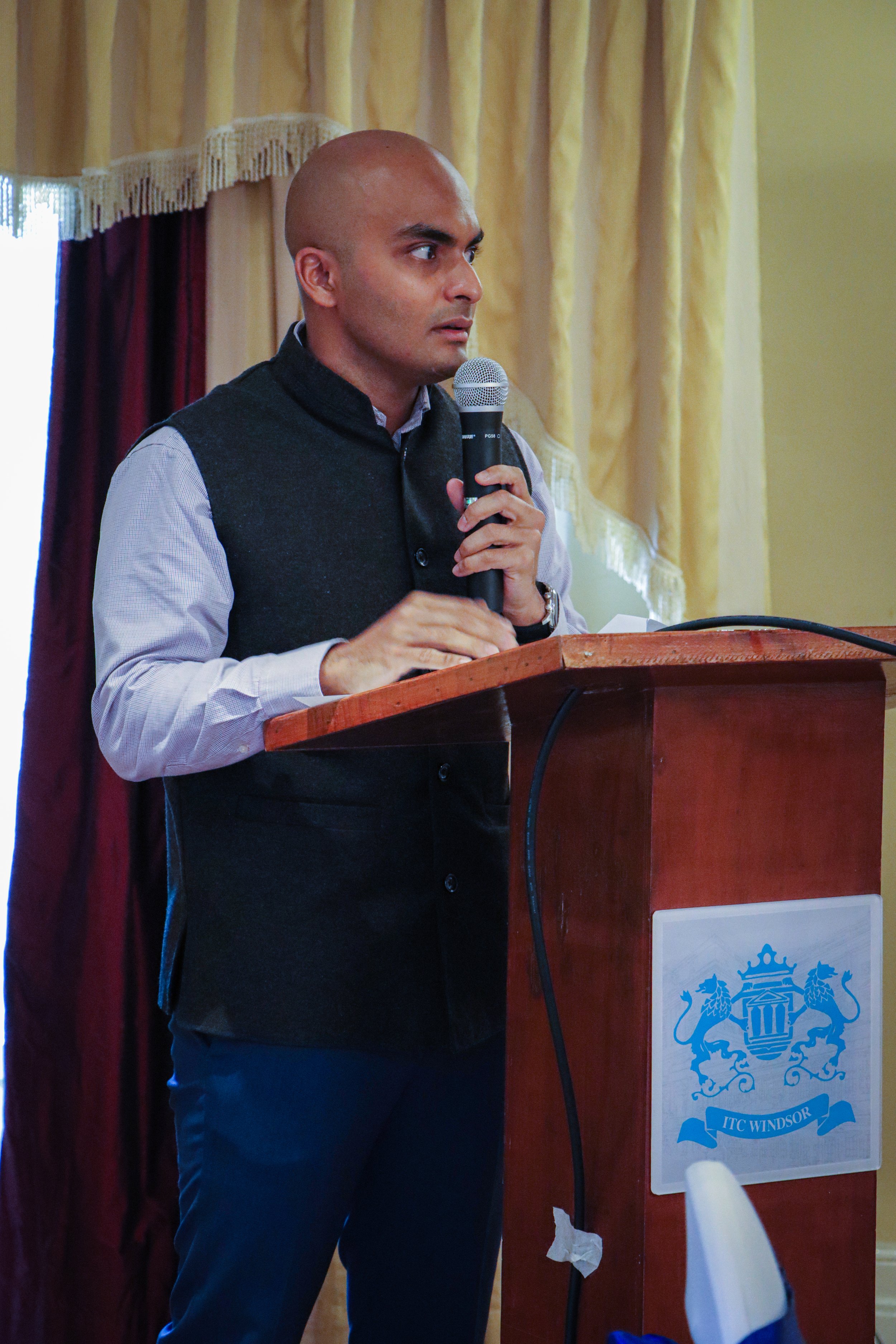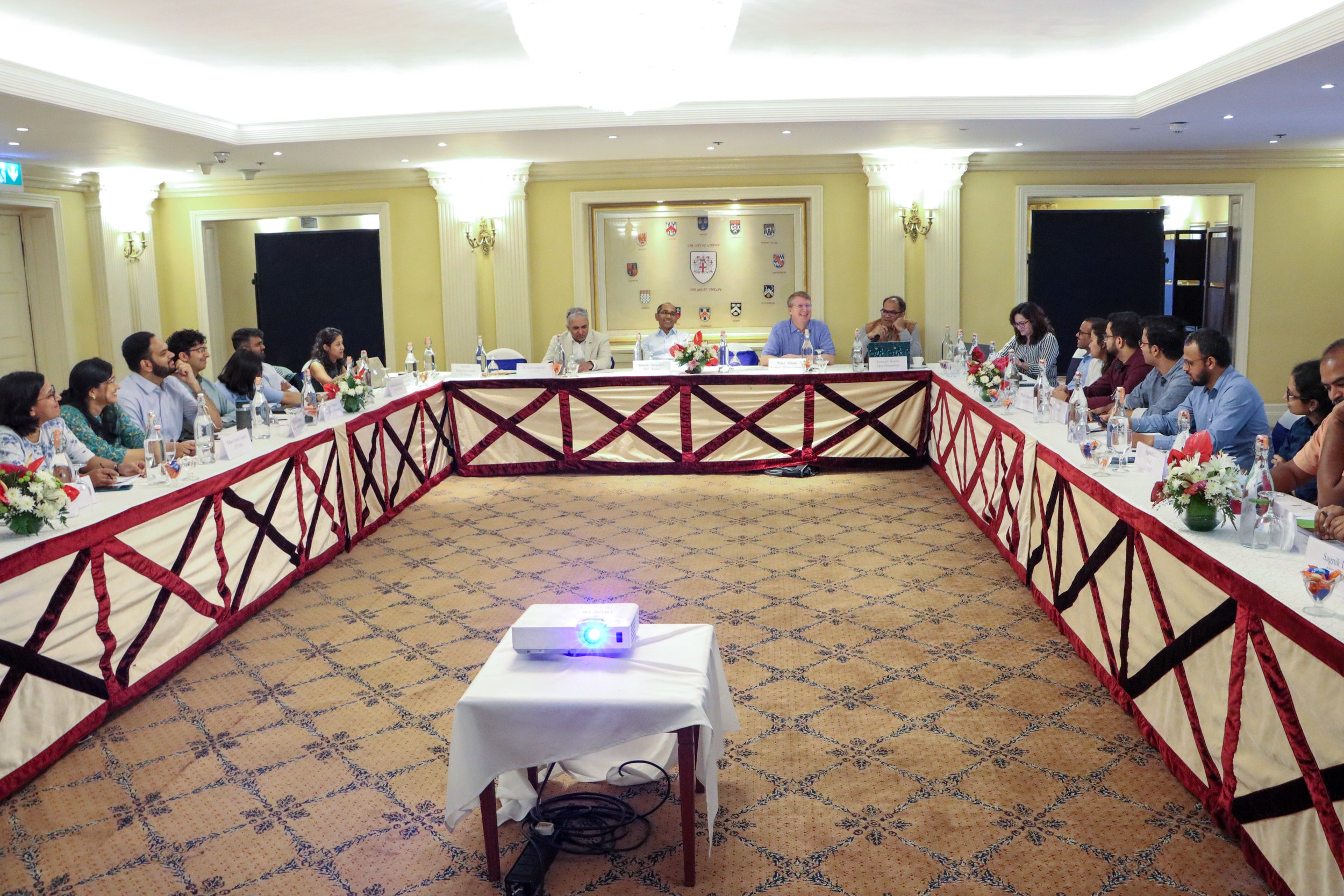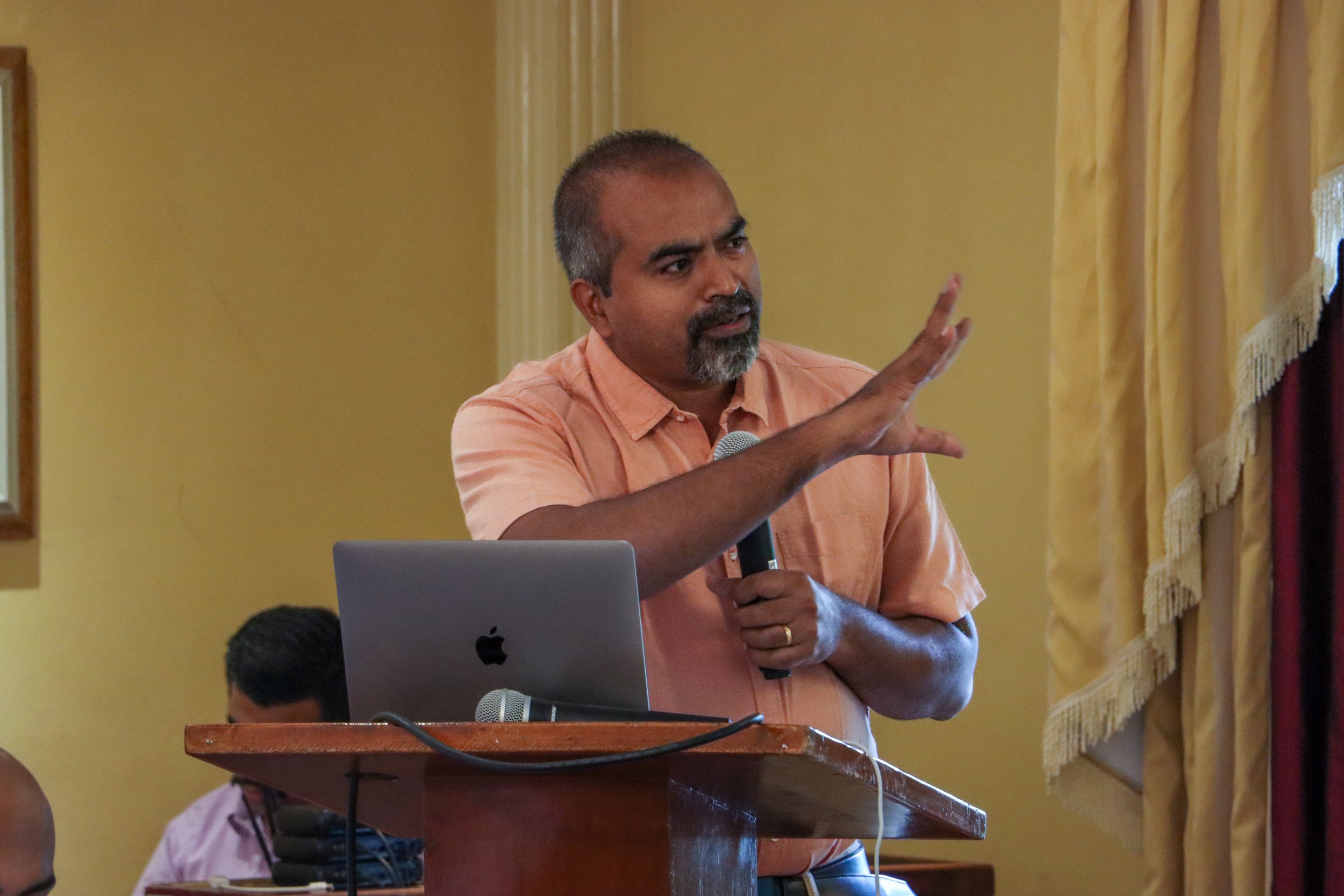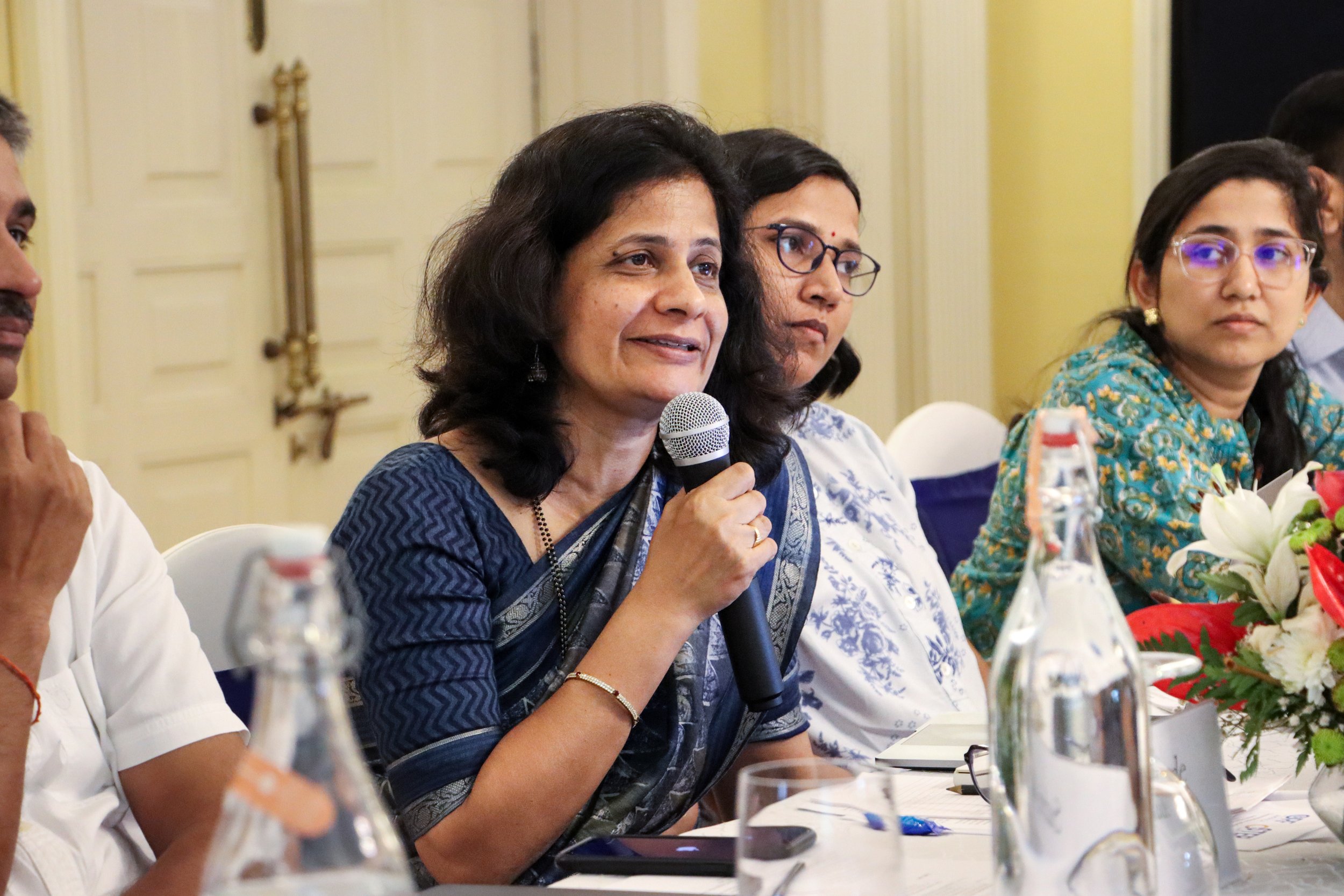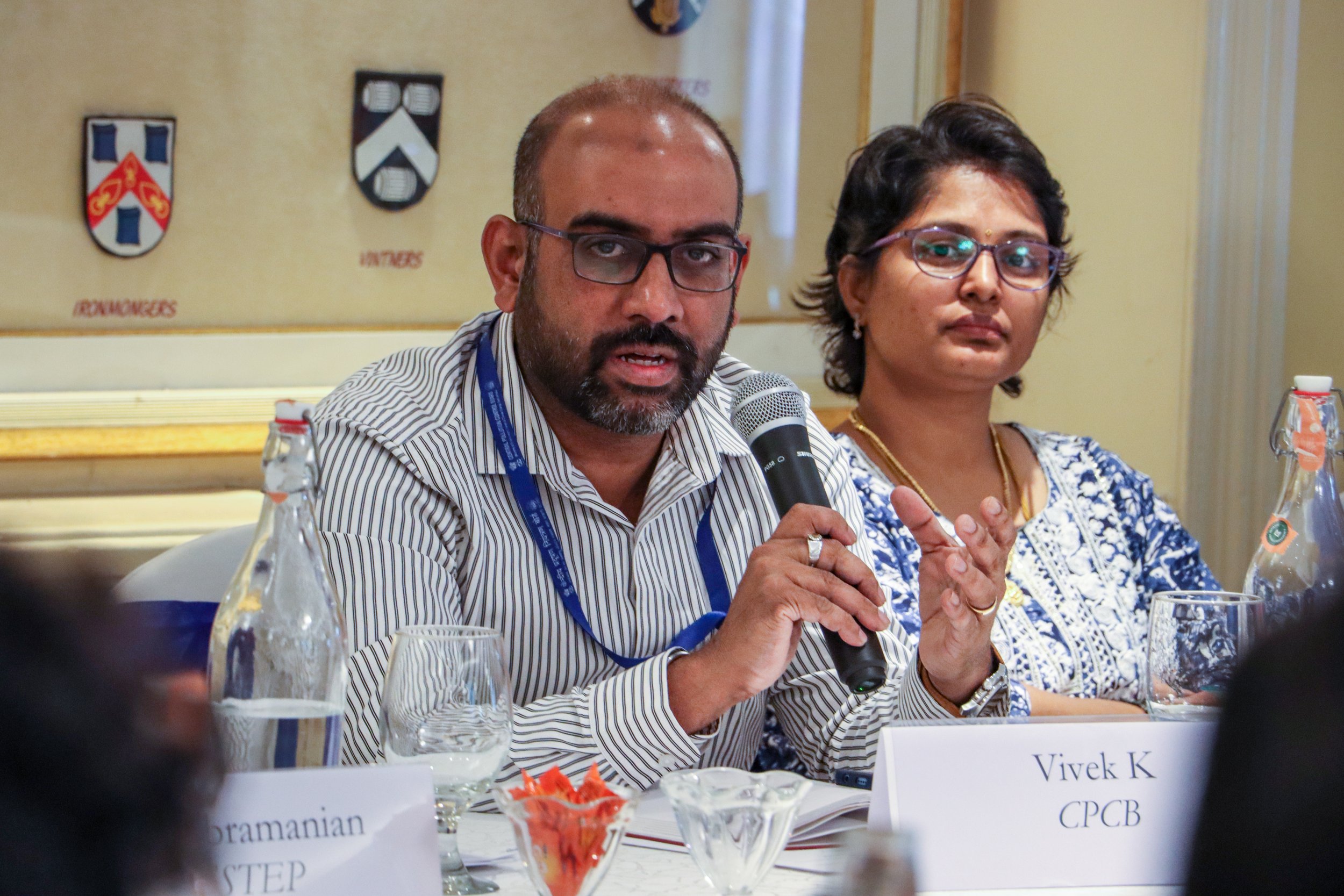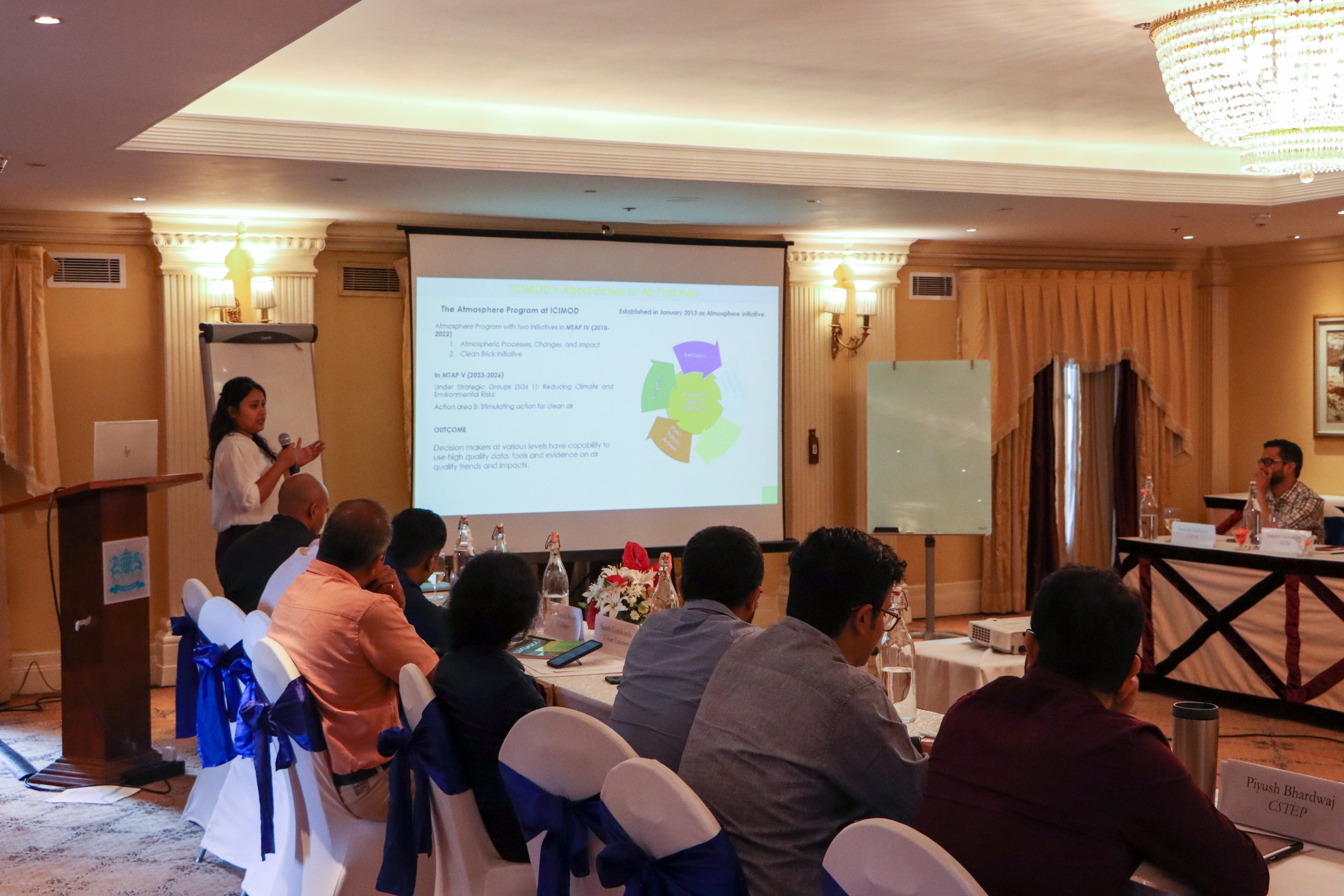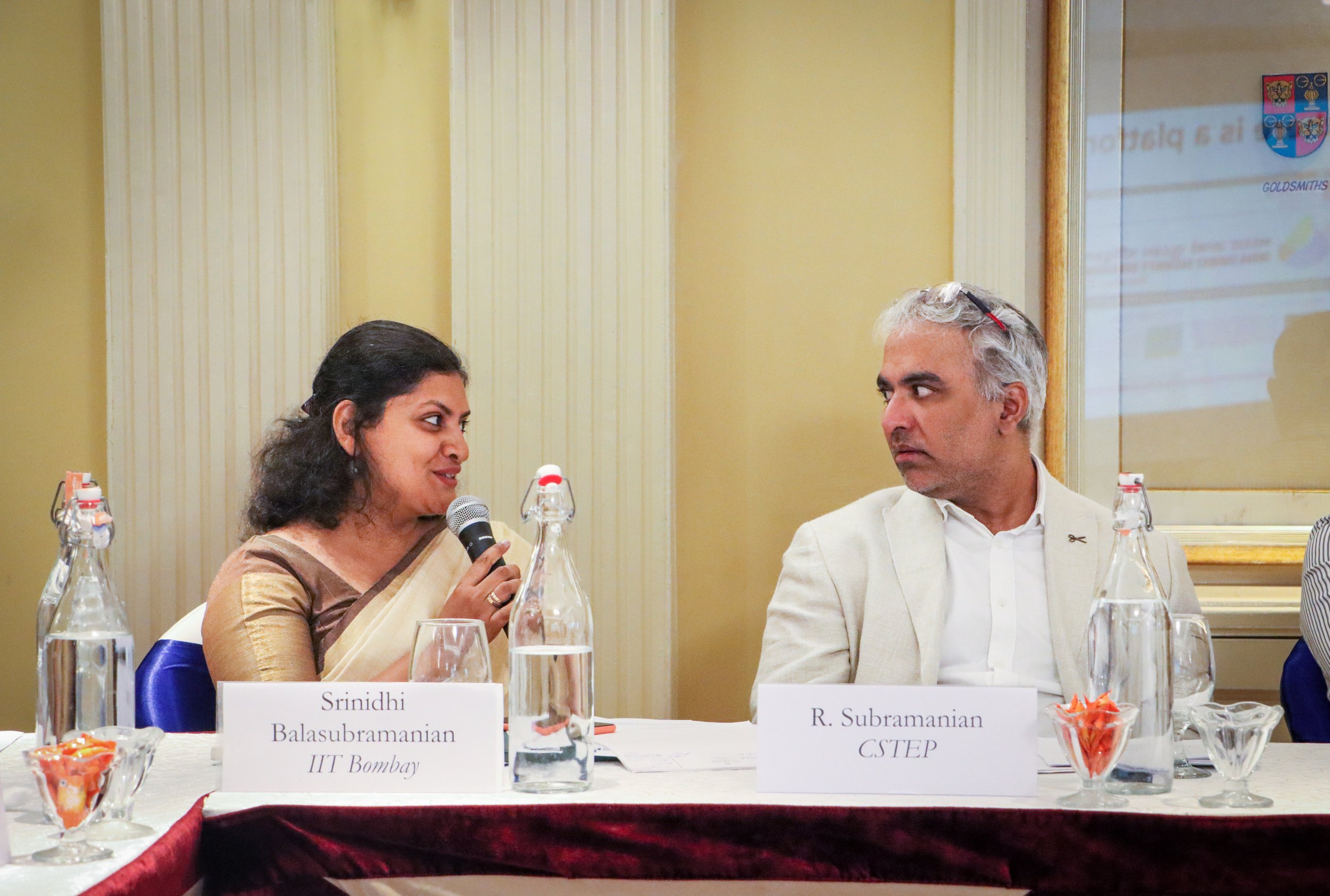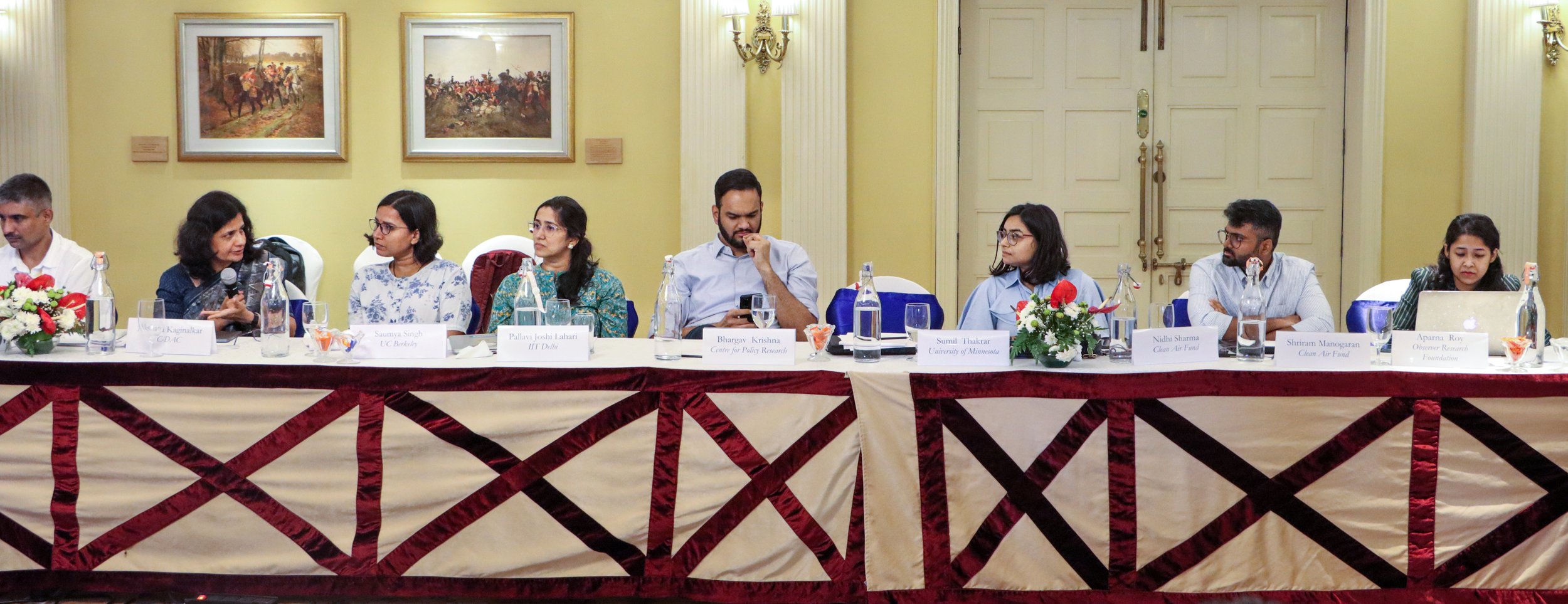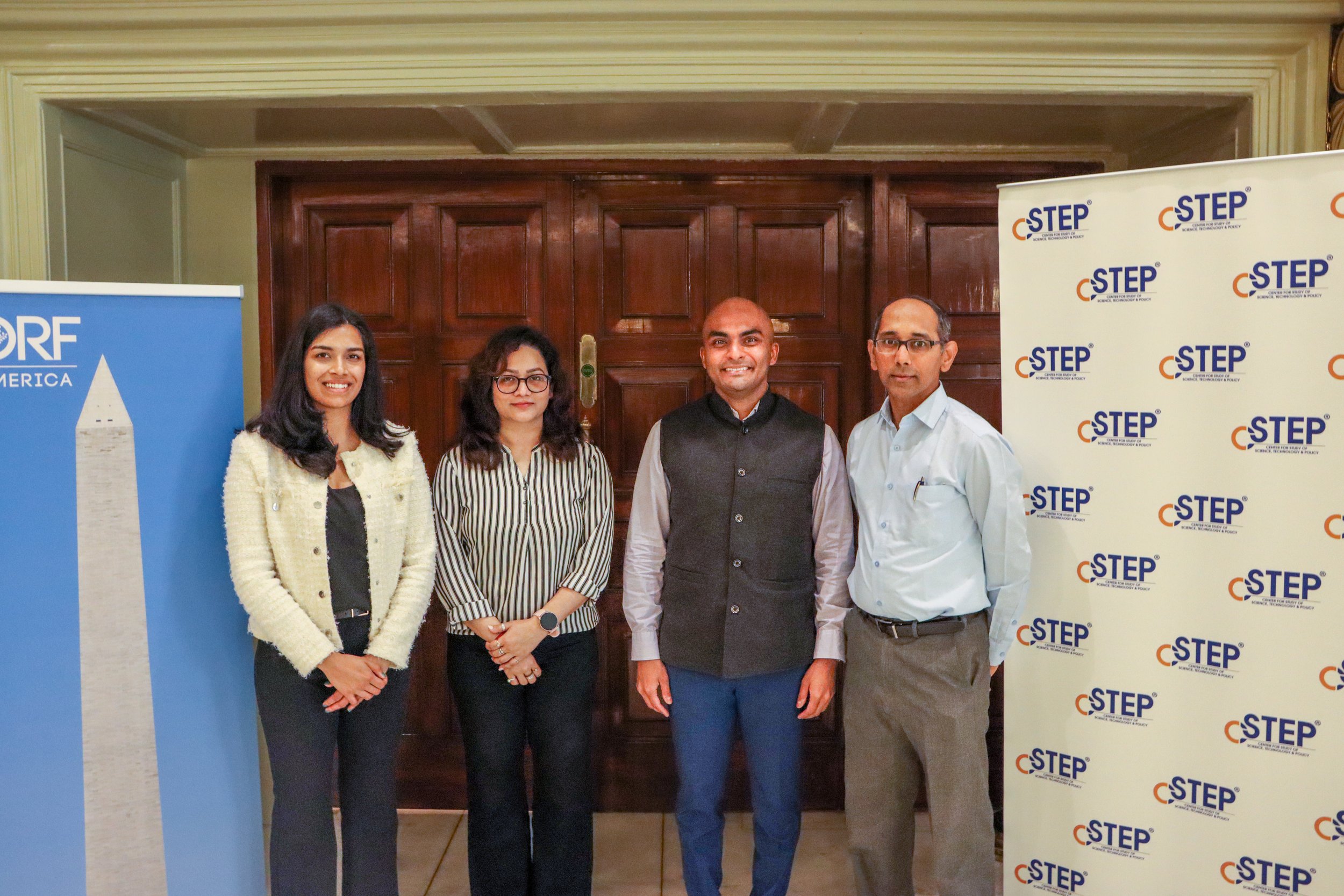ORF America and the Center for the Study of Science, Technology & Policy jointly organized a one-day workshop of technical and policy experts that took stock and assessed the state of air quality models in India. The panel of experts included experts from Carnegie Mellon University, IIT Bombay, IIT Delhi, CDAC, Indian Institute of Tropical Meteorology, UrbanEmissions, International Centre for Integrated Mountain Development, University of Minnesota, and the Central Pollution Control Board of India. The gathering understood from stakeholders how these tools are used, associated challenges, and whether newer generation of lower-cost models currently under development can provide alternatives to resource-intensive conventional methods. A working paper taking stock of lower-cost air pollution models for use in low and middle-income countries will also be presented for discussion.
Background
In India alone, air pollution was responsible for about 1.7 million deaths, mirroring the disproportionate burden of poor air quality that largely falls on low- and middle-income countries. Air pollution annually costs India about $36.8 billion or 1.36% of GDP, incurring not only health costs but economic damages as well. To reduce air pollution, in 2019 the Government of India launched the National Clean Air Action Programme (NCAP), a nationwide set of time-bound action plans targeting cities that fail to meet Indian national ambient air quality standards.
In recent years newer, more cost-effective technological advances have emerged to manage air quality. These lower-cost models estimate the impact that pollution control policies will have on air quality and associated social costs. They provide alternatives to data and resource-intensive methods for policy analyses for a wide audience of citizens, policymakers, industries, and civil society at large. However, it is unclear how this technology could be used to address the interests of diverse stakeholders in low- and middle-income countries.
Conclusion
The theme emerging from discussions was the need to have common framework of data and tools to manage air quality in India, one that is flexible, scalable, and reproducible to both meet the diversity of the country and its growth. Likewise, there was agreement that new, lower-cost tools could address this need, but additional capacity building and outreach to government and the public at-large was necessary.
Speakers
Peter Adams, Carnegie Mellon University
Srinidhi Balasubramanian, Indian Institute of Technology Bombay
Pallavi Joshi, Indian Institute of Technology Delhi
Akshara Kaginalkar, Centre for Development of Advanced Computing
Sachin Ghude, Indian Institute of Tropical Meteorology
Sarath Guttikunda, UrbanEmissions
Arshini Saikia, International Centre for Integrated Mountain Development
Shayak Sengupta, ORF America
Sumil Thakrar, University of Minnesota
